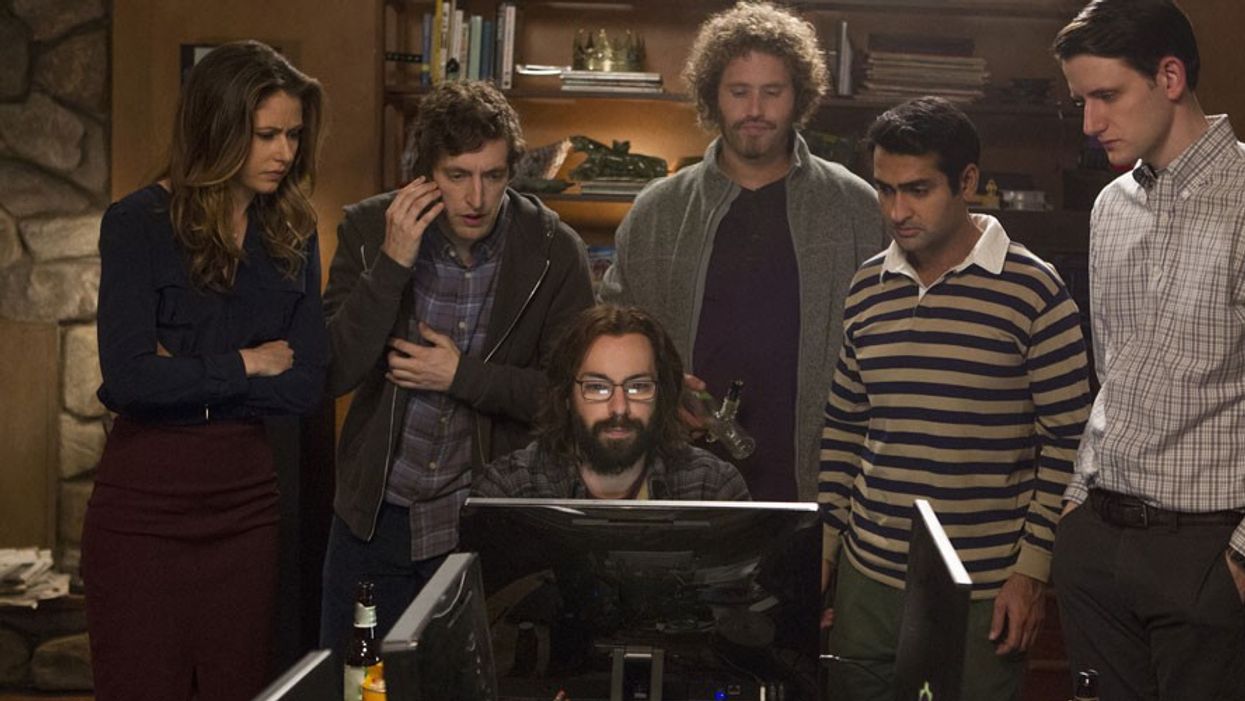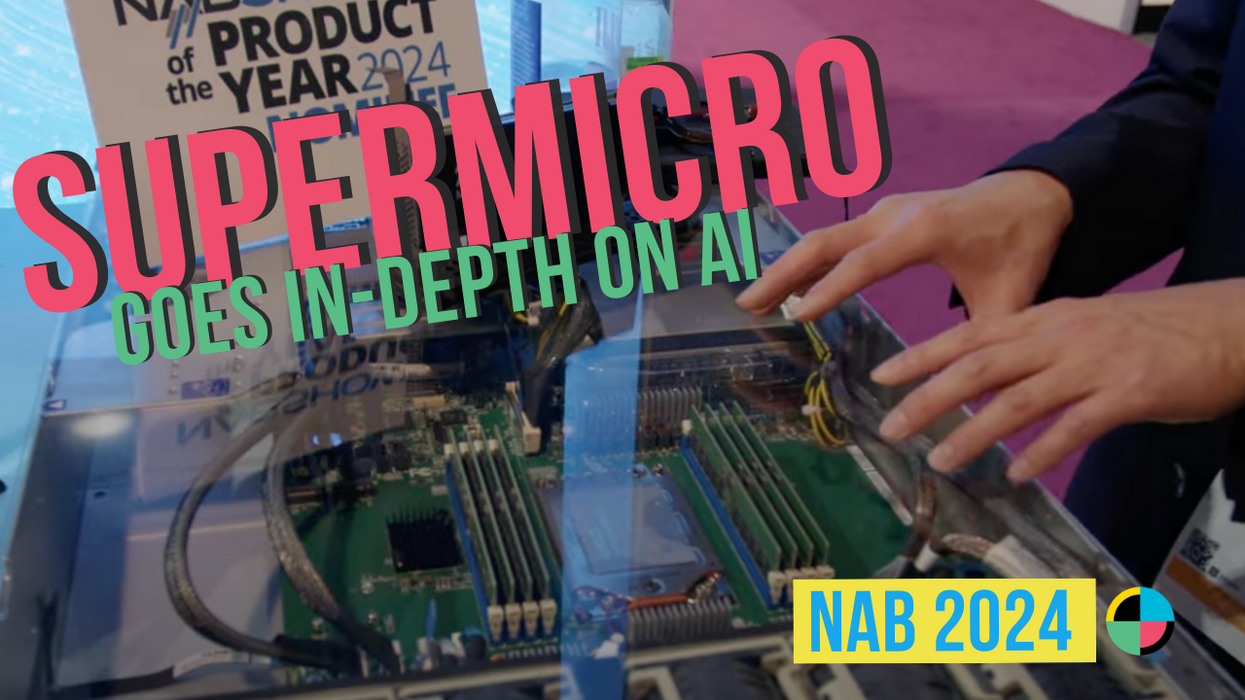Forget a Wider Audience—The Future of Film is Specific
Does life imitate art, or does art imitate Silicon Valley?

The caveat of being a filmmaker is that while the quality of your art reigns supreme, the art form depends on people watching what you make. From algorithms to native video social media campaigns, films now have a chance to be seen by a lot of people—if you can harness those tools. But does that mean adapting everything you love into clickable, shareable, algorithmable videos? Let's hope not! According to insiders at SXSW 2017, you don’t have to sell out, but exploring what comes out of the tech world might just help you break through.
During the first few days of SXSW, the Interactive and Film Festivals overlap, so the convergence of technology and film is a hot button topic. No Film School is on the ground at SXSW listening in on these conversations, and we've compiled some of the most salient points from one such talk titled How Tech is Shaping the Future of Entertainment. Below,leaders from Lionsgate to Mashable offered advice on what you can use from the tech world, while still maintaining your vision.
Make your work more specific
Making your work more specific was the biggest takeaway for filmmakers looking to compete and be relevant on platforms of the future. Sure, rules like this sound restrictive, but for some of you it could be very freeing.
Filmmakers are always pitching their story as something that appeals to a wide audience—even when it doesn't—thinking that's what investors or distributors want to hear to make the big bucks. But now, people who are in the business of getting films noticed amongst a din of content, are looking for just the opposite.
"Make something great, but specific to an audience."
"I don't think the world needs more people producing more stuff," said Mashable's Pete Cashmore. "What people want is more targeted stuff, focused on them. You may get data that your audience isn't getting the content they want, so try to look to how you can personalize the experience. Make something great, but specific to an audience."
Size doesn't matter, so get over it!
Sure, you may shudder at the pixels now, but at the end of the day, people want to watch what they want to watch in any way they want to do it. Increasingly, that means on a phone. And tuning in to that desire as a filmmaker means longevity for your work.
"The size of the screen doesn’t matter to the end user," said Endemol Shine Beyond USA's Bonnie Pan. Working with long-standing shows like Fear Factor, Biggest Loser, and Master Chef, Pan stressed that when work appeals to a specific audience, it doesn't matter what kind of screen it's on or how much time goes by. "We have fans engaged with IP [intellectual property] that's been on the air for 20 years! We keep an eye on data and see, for example, a spike in Fear Factor because of something happening out there. We want to build and reinvent those legacy shows. We look for ways to build digitally native formats."
"Now you don't have to compete with the finite shelf space in a video store."
Of course, this is not to say that the experience of watching a movie in a theater is going away. According to Thomas Hughes of Lionsgate Entertainment, theatrical is still critically important. "It drives value down the chain, across a number of windows."
The digital video store is the filmmaker's friend
"EST, VOD, and sVOD services allow us to exploit a deep library," said Hughes. "Lionsgate has tens of thousands films. Now you don't have to compete with the finite shelf space in video store. Now you can use UI to say an actress' name and then watch all her films."
Use collaboration to strengthen your algorithmic possibilities
Whether you know someone or reach out to someone, a collaborator who can bring a specific audience to the project can help get your work into the ether. "From a creator perspective, the wheel of collaborators helps you break through clutter," said Hughes. "That happened with Burning Love. Ken Marino got his collaborators to rely on each other to break through. That show was the first time we saw traffic that didn't come from the front page, from our curation. It came on its own because the collaborators relied on each other."

Get creative to bypass the system
As the moderator, the Hollywood Reporter's Natalie Jarvey, pointed out, there are creators, actors, and musicians out there who would not have become stars through traditional models, but today have huge followings online and have taken their own path. Not only should you employ those people, but consider yourself someone who is willing to get creative to break through.
"Real content creators are bypassing the system, driving and creating pop culture in a way that's special and new."
"It's an exciting time to be a digital creator," said Pan. "It feels like a privilege to see it happen...creators are completely bypassing traditional paths. I'm not talking about water cooler moments that people document and share of their everyday lives, but real artists. Real content creators are bypassing the system, driving and creating pop culture in a way that's special and new. They've already broken through, that's the new platform."
For more, see our complete coverage of the 2017 SXSW Film Festival.
No Film School's coverage of the 2017 SXSW Film Festival is sponsored by Vimeo.













